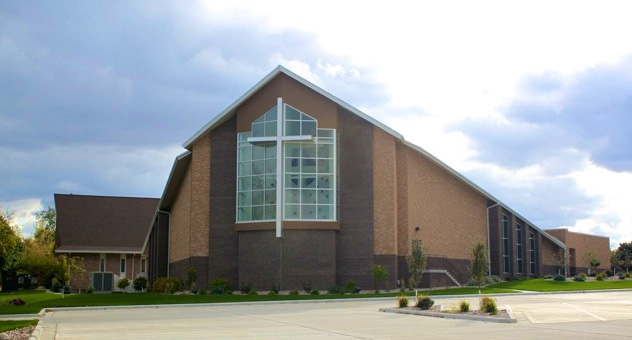In consistory meeting the other night the deacons and I got into a discussion about tithes, offerings, and stewardship in general. I asked them, “If an attender of ARC engages you in a discussion about giving to church, how would you explain what you believe and what the Bible teaches?” We had a good conversation about that topic, and one of my favorite stories in the Bible came to mind regarding offerings to God and tithing in general. The story involves Abraham and Melchizedek.
After Abraham’s nephew Lot was taken captive in an epic struggle between nine small kingdoms (Gen. 14), in which five kingdoms battled the other four, Abraham gathered his hired men and some allies and set off to rescue Lot. He asked God to make him successful in this pursuit, and God did. Afterwards, Abraham was confronted by two kings, the King of Salem and the King of Sodom. The King of Salem, named Melchizedek and called the “priest of God Most High,” blessed Abraham. Abraham gave him a tenth of the plunder he had gained while rescuing Lot and defeating his captors. There are earlier examples of people giving offerings to God, but I believe this is the first time a tithe, or 10%, was mentioned.
As a side note, when the King of Sodom asked Abraham for some of the plunder, or at least to trade goods, Abraham refused. He knew this king was evil, and he didn’t want to enrich him or receive any goods from his hand. There is an important stewardship principle in that decision. It matters not only how we use our resources, but from where the resources are obtained. It seems there is such a thing as dirty money.
Getting back to Melchizedek, the book of Hebrews tells us much more insight explaining who this mysterious character really was. Chapter seven includes these phrases:
- His name means “King of Righteousness” and “King of Peace”
- Without father or mother, without genealogy, without beginning of days or end of life
- Melchizedek the priest was before, and greater than, the Levitical priesthood
From that description I think it was safe to say that Melchizedek had some sort of divine, or at least angelic, identity…maybe something like the three visitors to Abraham and Sarah in Genesis 18. Hebrews goes on to explain that Jesus is also a high priest in the order of Melchizedek. He was clearly one of the most mysterious characters in the Bible, but my point for today is that when Abraham gave him a tithe it wasn’t based on Old Testament Law, tradition, or duty. Melchizedek was long before the law was given to Moses. Without being commanded to tithe, Abraham gave by faith out of the gratitude of his heart.
As the deacons and I continue to learn and converse this year we are considering how we can help more people catch a vision for giving faithfully and sacrificially to God. We believe this is important, but we also recognize that stewardship involves more than just giving a certain percentage of our income. We are still reading the book, “How Much is Enough?” in which Arthur Simon writes, “Tithing may imply that the other 90 percent is off-limits to stewardship, and that if God gets 10 percent, the rest is ours. The point is that God should get it all. All of it – and all of life – belongs to God. We have simply been entrusted to use everything in the best, most loving, and wisest way possible for the purposes of God.”
Like Abraham we are called to devote all of our time/treasures/talents to God. That is really the heart of stewardship. And like Abraham we give our tithes and offerings by faith out of the gratitude of our hearts.
Cory Grimm









